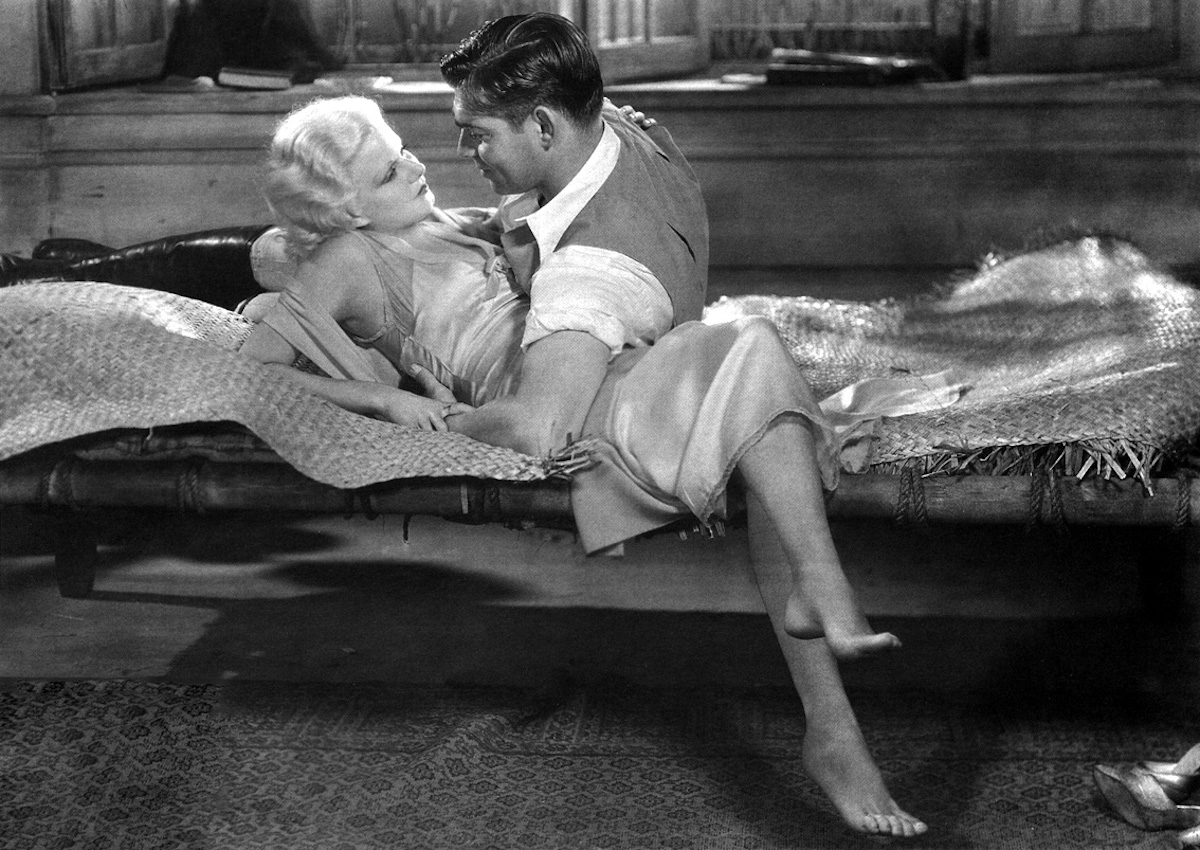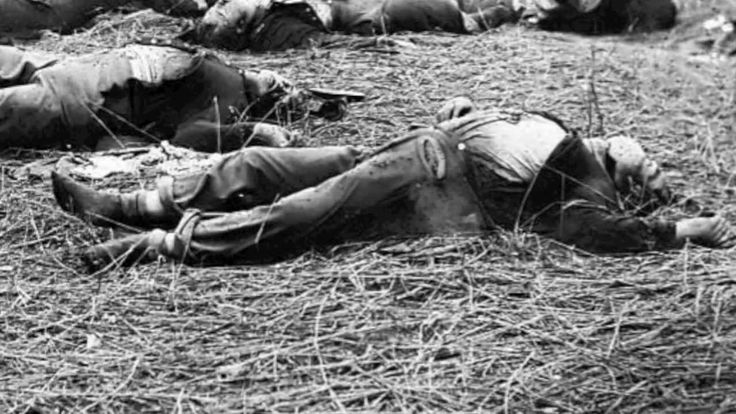"The attraction here isn't really the cultural relic/curiousity value, it's the variation of the old man meets woman, they hate each other, they clash with sparkling dialogue and then end up together 'til death they do part. This bit has been done to death in Hollywood's 100+ year run, but it can be freshened and redeemed if the scriptwriter is up to the job."
Tag: racism
Home
racism
Post
30-Dec-1925-Feb-26Civil War, Georgia, Grief, History, Imagery, Mississippi, People of Color, Polls, Racism, Random Shots, Rants, Society, Texas, The Nation, United States, Virginia, White Supremacy
American Civil War Casus Belli: African Negro Slavery.
Let's be clear: The war was about slavery, from first to last. And after the gun stopped firing, the war continued in multiple ways that all-too-often includes violence and murder.
Post
05-Sep-1825-Feb-26Education, History, Hubris, Japan, Meaningful Labor, Nuclear War, Politics, Quotable, Racism, Rants, Society, White Supremacy
Of Manifestoes and Buildings and Truman and Stuff
[Edited two days later to fix some typos and unclear, stream-of-consciousness-type unclear phrases.] During the recent effort to rename the Russell Senate Office Building, it would have been nice to remember that both Richard Russell, the building’s current namesake, and John McCain, the proposed replacement namesake, (while useful tools to poke the likes of President...



